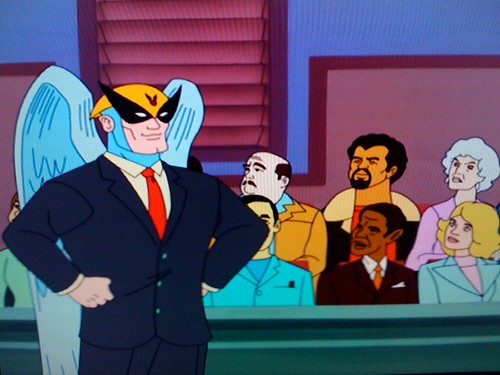

 It seems hardly a day passes where those of us who follow gaming don’t hear about another law, regulation or politician out to take a shot at video games. However, most Western societies are lucky to have free speech provisions that allow game manufacturers to stand up for their rights. A 2005 law making the sale of certain games to minors a crime, including compulsory warning labels, has once again been struck down in the courts as being unconstitutional. This is yet another win for the game industry.
It seems hardly a day passes where those of us who follow gaming don’t hear about another law, regulation or politician out to take a shot at video games. However, most Western societies are lucky to have free speech provisions that allow game manufacturers to stand up for their rights. A 2005 law making the sale of certain games to minors a crime, including compulsory warning labels, has once again been struck down in the courts as being unconstitutional. This is yet another win for the game industry.
Arstechnica tells the story of California’s failed bid to censor video games:
It has been a long, mostly disastrous road for Governor Schwarzenegger’s 2005 bill that sought to make selling games to minors a crime, as well as to require certain games to carry warning labels. The bill was passed, but Judge Ronald Whyte issued a preliminary injunction against its enforcement before it impacted retail sales in California. In 2007 the law was struck down as being unconstitutional, with Schwarzenegger promising to continue to appeal the decision. Today that appeal was rejected, likely killing the law for good.
This is just the latest in a long string of wins for the video game industry in the courts, as attacks on games have turned out to be long and expensive for the states. The lesson still hasn’t been learned however, as Leland Yee, the author of the bill, has pledged to keep fighting. “While I am deeply disappointed in today’s ruling, we should not stop our efforts to assist parents in keeping these harmful video games out of the hands of children,” he said. “I believe this law will inevitably be upheld as Constitutional by the US Supreme Court. In fact, the high court recently agreed, in Roper v. Simmons (2005), that we need to treat children differently in the eyes of the law due to brain development.”
It’s unclear what, if anything, the Supreme Court will find that the courts before it failed to notice.
Source: arstechnica